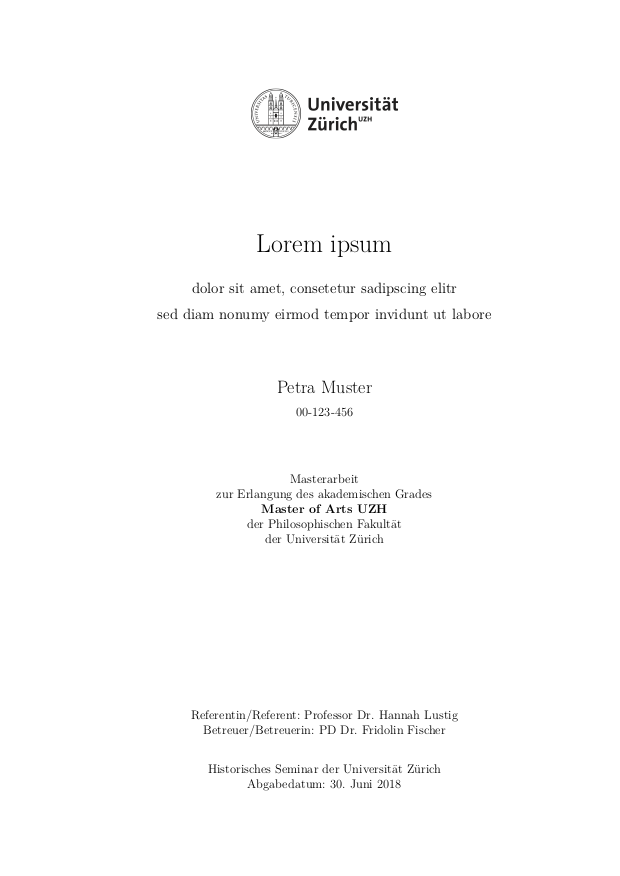
- #RMARKDOWN PDF TEMPLATE PDF#
- #RMARKDOWN PDF TEMPLATE INSTALL#
- #RMARKDOWN PDF TEMPLATE SOFTWARE#
- #RMARKDOWN PDF TEMPLATE CODE#
Make sure you have RStudio and LaTeX installed and then direct your browser to the GitHub page for the template.
#RMARKDOWN PDF TEMPLATE INSTALL#
Probably in less than an hour! Install the template generating packageĪfter you've stepped through the basics of Markdown, it's time to check out this template for yourself. You'll get used to it before you know it. You can find a lot more information on Markdown here and an interactive tutorial here. If you'd like to check out the current version of this PDF, it is available on Google Drive here.
#RMARKDOWN PDF TEMPLATE CODE#
Again, I've done the hard work of getting this Markdown code to produce the correct output.
#RMARKDOWN PDF TEMPLATE PDF#
The thesis template will automatically convert the Markdown code you type to LaTeX code which will then produce a PDF document. R Markdown, which is really just Markdown with the ability to add in R code and output directly, allows you to produce HTML, PDF, and even Word documents based on only one Markdown file! The sky is the limit for Markdown! Markdown allows you to write in an easy-to-read, easy-to-write plain text format, which then converts to a variety of different formats. I've done the hard work of getting all that set up. (Do you really want to have to memorize what APA or MLA looks like?…No!) In addition, you won't need to learn LaTeX. This template derives a lot of the features of the current LaTeX template (in fact it directly calls this template) so you can expect many of the great things from that including automatic creation of figure and table numbers, a table of contents, easy addition of beautiful plots and graphics, and the use of bibiolography style files. What I'll be discussing in this blog post is a template I've created using R Markdown for Reed College senior theses.
#RMARKDOWN PDF TEMPLATE SOFTWARE#
R Markdown provides a wonderful environment to publish data and software code along with text and commentary and, in my opinion, is the best software currently available for writing journal articles, homework assignments, AND senior theses….reproducible senior theses! The simplicity of Markdown commands improves readability and documentation, which make it a great thesis writing environment.

So how does this tie into the reproducible research concept? As more and more students use R Markdown while taking courses at Reed (Chem 101/102, Mathematics 141, Mathematics 243, and Bio 101/102 next year!), it became clear that an option to use R Markdown while generating the senior thesis document should be available. Additionally, updating statistical analyses, plots, and bibliographies as advisors request has sometimes been time consuming and frustrating. The collecting and analysis of data has been a challenging part of this process in the past for students. One of the current goals at Reed is for students to be engaged in the research process earlier on in their academic careers in order to make their senior thesis experience more meaningful and rewarding. In addition, reproducibility makes an analysis more useful to others because the data and code that actually conducted the analysis are available. Reproducibility allows for people to focus on the actual content of a data analysis, rather than on superficial details reported in a written summary. The need for reproducibility is increasing dramatically as data analyses become more complex, involving larger datasets and more sophisticated computations. Reproducible research is the idea that data analyses, and more generally, scientific claims, are published with their data and software code so that others may verify the findings and build upon them. I agree with Roger Peng and the folks behind Coursera's massively popular Data Science Specialization and the front page of their Reproducible Research course on their definition of “reproducible research”: But what is “reproducible research” and how can statistical tools be used to help facilitate it?


“Science is reportedly in the middle of a reproducibility crisis.” This is the claim of quite a few these days including an article from ROpenSci which directly references another article by The Conversation.


 0 kommentar(er)
0 kommentar(er)
